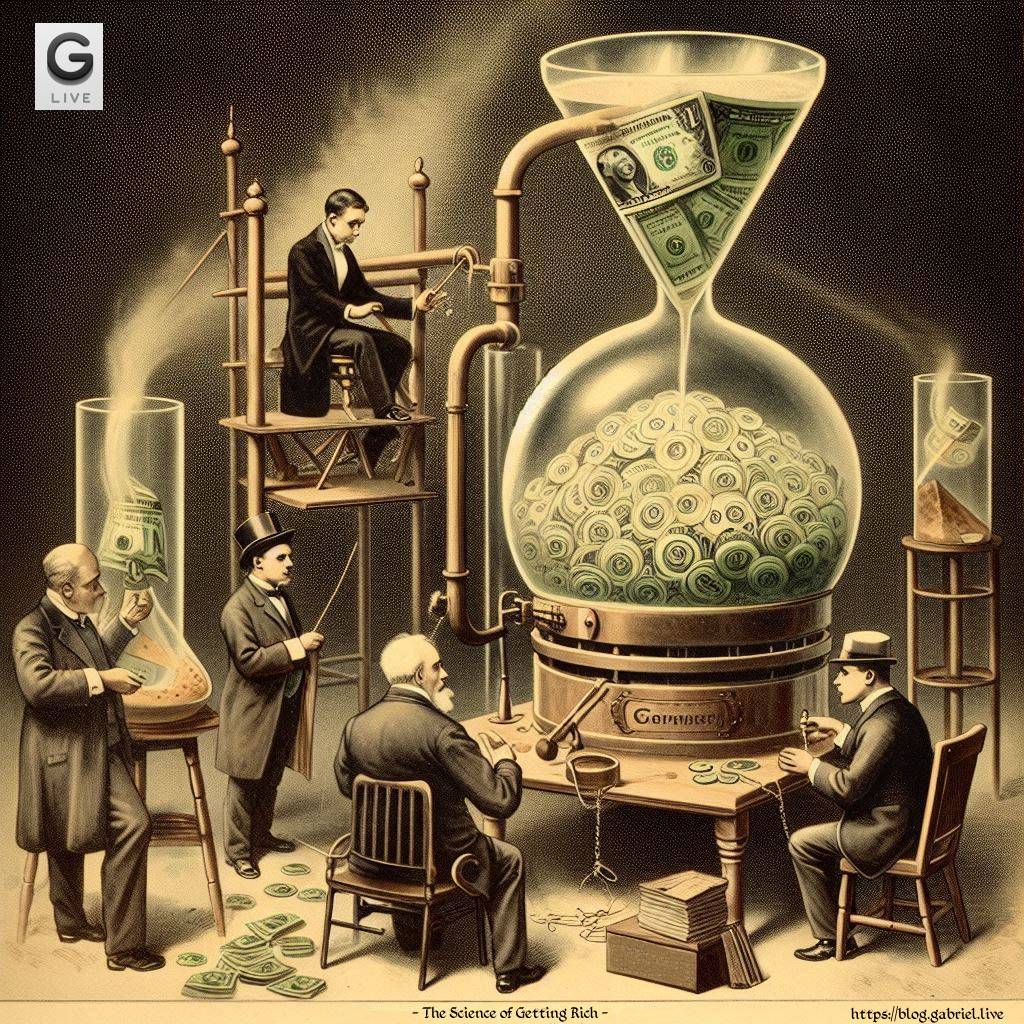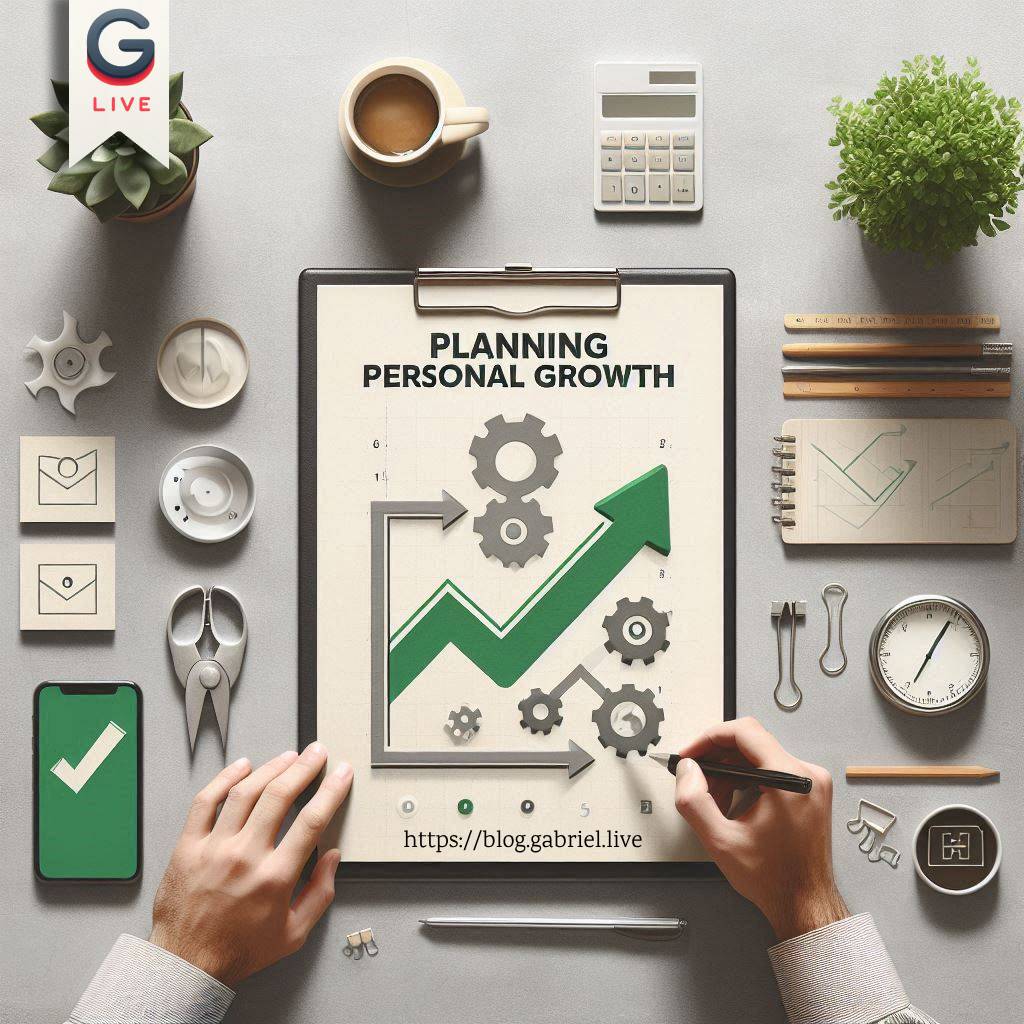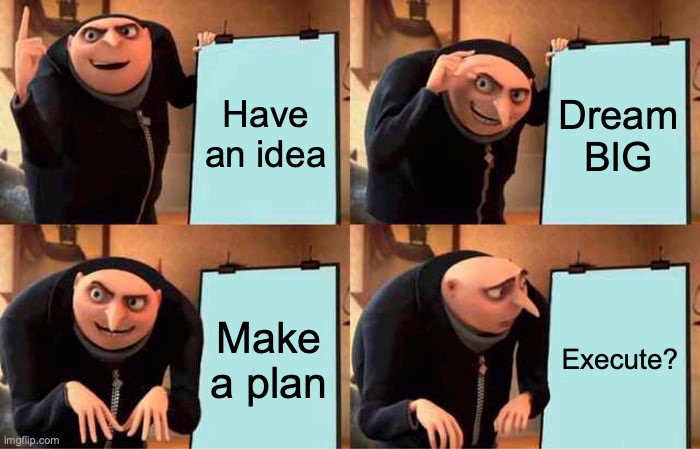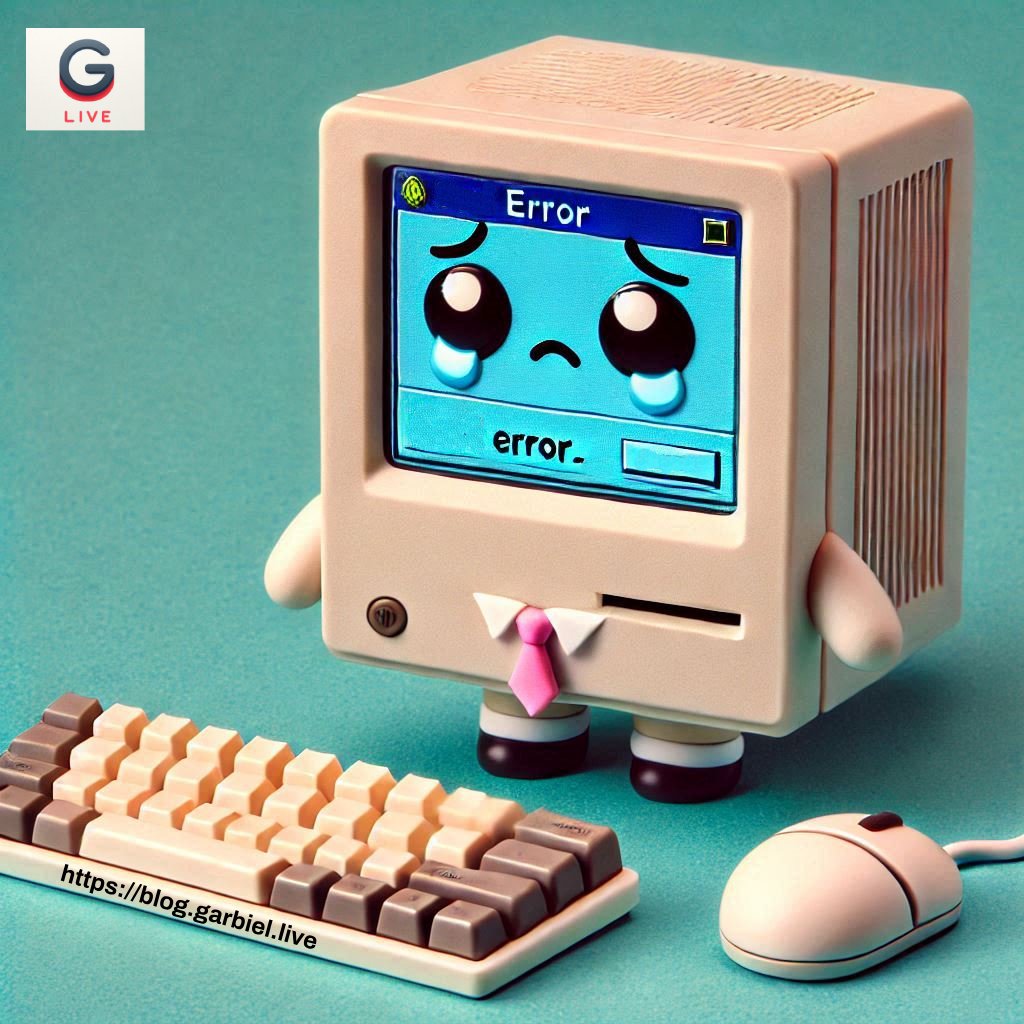We’ve all been there. The well-meaning, or sometimes not-so-well-meaning, voices that consistently whisper, or even shout, “You can’t do that.” Whether it’s a family member, a colleague, or even a stranger, these pronouncements can be incredibly discouraging.
The most significant obstacle to your success isn’t the difficulty of the task itself, but rather the negativity of others … well and sometimes also yourself.
What you’ll find inside:
A disclaimer (and a cucial point): this isn’t about ignoring sensible warnings or engaging in reckless behavior. Obviously, don’t rob a bank. This post isn’t a celebration of stubbornness or disregard for practicality. This blog post focuses on navigating the constant negativity of naysayers, particularly when you feel trapped in a situation where you can’t easily avoid them.
The Baseline: Don’t Listen. (Really.)
The core principle here is simple, but surprisingly difficult to implement: don’t listen to the “you can’ts.” More often than not, those pronouncements stem from the other person’s limited perspective, not from an objective assessment of your capabilities. They’re projecting their own fears, insecurities, and limitations onto you.

Think about it. Someone telling you “you can’t just learn coding and start a SaaS Start-Up” might be speaking from their own fear of failure or a lack of experience in the tech-world. They may see all the potential difficulties – the cost, the work, the competition – and assume you’re incapable of overcoming them. But what they don’t see is your passion, your resourcefulness, your willingness to learn, and your unique vision.
Also read: “Embrace Failure To Achieve Victory“
Why Do They Say “You Can’t”?
There are several underlying reasons why people feel the need to shut down your ideas with a blanket “you can’t.”
- Lack of Imagination: Some people simply lack the ability to envision possibilities beyond their own experience. If they haven’t done it, it must be impossible. It’s a failure of imagination, not a judgment of your potential.
- Projected Limiting Beliefs: This is a big one. We all carry around limiting beliefs – things we believe to be true about ourselves and the world that hold us back. When someone sees you attempting something outside their comfort zone, it can trigger their own insecurities. They subconsciously project their limitations onto you, telling you that you can’t do it because they can’t.
- Fear of Your Success: This can be subtle, but it’s real. Your ambition and willingness to take risks might make others uncomfortable. They may fear that your success will highlight their own lack of action or courage.
- Genuine (But Misguided) Concern: Sometimes, people think they’re protecting you from disappointment or failure. They may genuinely believe they’re offering helpful advice, but their message comes across as discouraging.
The Self-Assessment: Are You Ready to Believe in Yourself?
Before dismissing all naysayers entirely, it’s crucial to do a little self-assessment. Ask yourself these questions:
- Would I be enthusiastic to tell my friends and family about it? (But don’t tell them yet!) This gauges your internal passion. If the thought energizes you, it’s a good sign. Also checks on your moral compass of what you are about to do is in the realm of your “tribe”.
- Am I capable of imagining how I have accomplished it? Can you visualize success? Can you mentally walk through the steps? This demonstrates a degree of feasibility in your own mind. If you can almost feel what you are about to imagine, then you are on the right track.
- Am I capable of learning it? Is the skill or knowledge required within your reach? Are you willing to invest the time and effort to acquire it? Do you know, what you don’t know?
- Am I capable of putting into action what I learned? Do you have the discipline and motivation to translate knowledge into action? Also here, are you willing to invest the time?
If you answer “yes” to all these questions, then the only thing left to do is… just do it. Don’t overthink it, don’t seek endless validation, and don’t make a big deal out of it.
Read also: “Trust your instincts“
Start taking small steps toward your goal, and let your actions speak for themselves. Once you feel traction and initial sparks of success, start the show and tell tour.
Three Habits for Coping with the “You Can’t” Crowd
Okay, so you’ve decided to ignore the negativity and pursue your dreams. But what about dealing with the people who constantly tell you “you can’t”? Here are three practical habits to help you cope:
- The “Thank You, Moving On” Technique: When someone tells you “you can’t,” simply say “Thank you for your input,” and then immediately change the subject. This acknowledges their comment without engaging in a debate or allowing it to derail your momentum.
Why it works: It asserts your boundaries and prevents them from drawing you into a negative conversation. You’re politely but firmly shutting down their attempt to control your narrative. - The “Information Diet” Strategy: Limit your exposure to the negativity. If there’s someone in your life who consistently undermines your goals, reduce the amount of time you spend with them, or avoid discussing your ambitions altogether.
Why it works: You’re protecting your energy and creating a supportive environment for your dreams to flourish. You can’t pour from an empty cup, and constant negativity will drain your motivation. - The “Reflective Question” Technique: When someone says “You can’t do that,” instead of getting defensive or arguing, respond with a calm, open-ended question. For example, “What makes you say that?” or “Can you help me understand your perspective?”. Read also “the lost art of asking“.
Why it works: This forces the person to articulate the reason behind their doubt. Often, their reasoning is flimsy or based on assumptions. It also shifts the focus from you to their own perspective, making them examine their own limitations. It doesn’t necessarily change their mind, but it can expose the weakness of their argument.
Final Thoughts
The world will always have its share of naysayers and the will cross your path anyways. Don’t let their limitations define you.
Projecting limiting beliefs is a complex interplay of cognitive biases, emotional defense mechanisms, and neurological processes. It’s rarely about intentionally trying to bring someone down, but rather a reflection of the observer’s own internal world.
Understanding this can help us to be more empathetic towards those who project negativity, while also strengthening our own resolve to pursue our goals, regardless of what others might believe.
Remember, the only person who can truly tell you “you can’t” is yourself.







